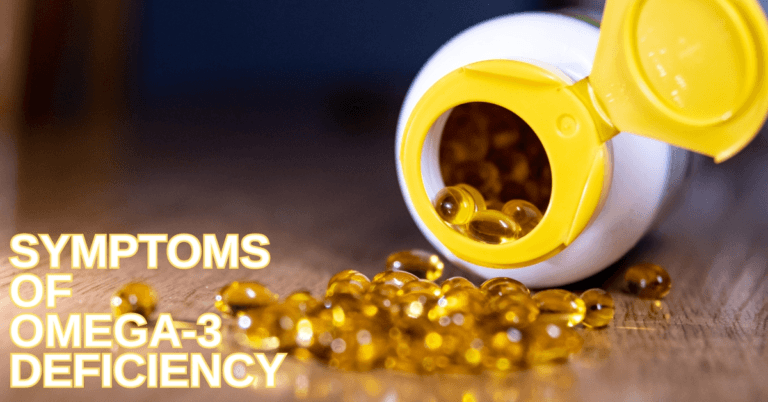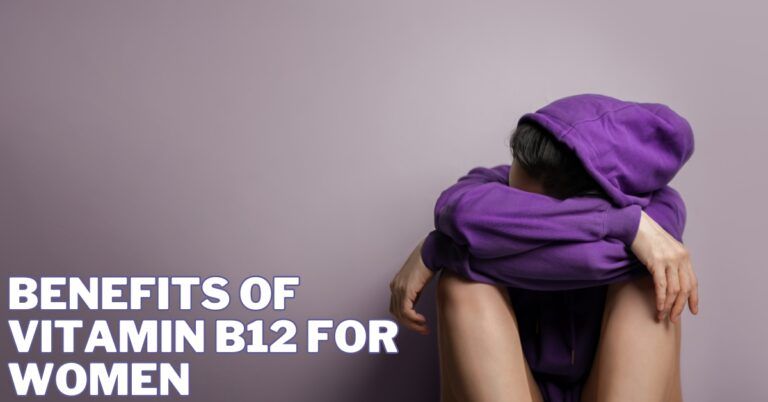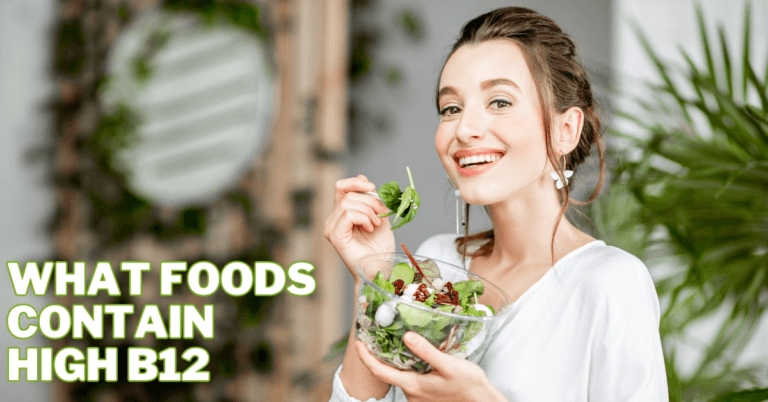What Foods Have High B12
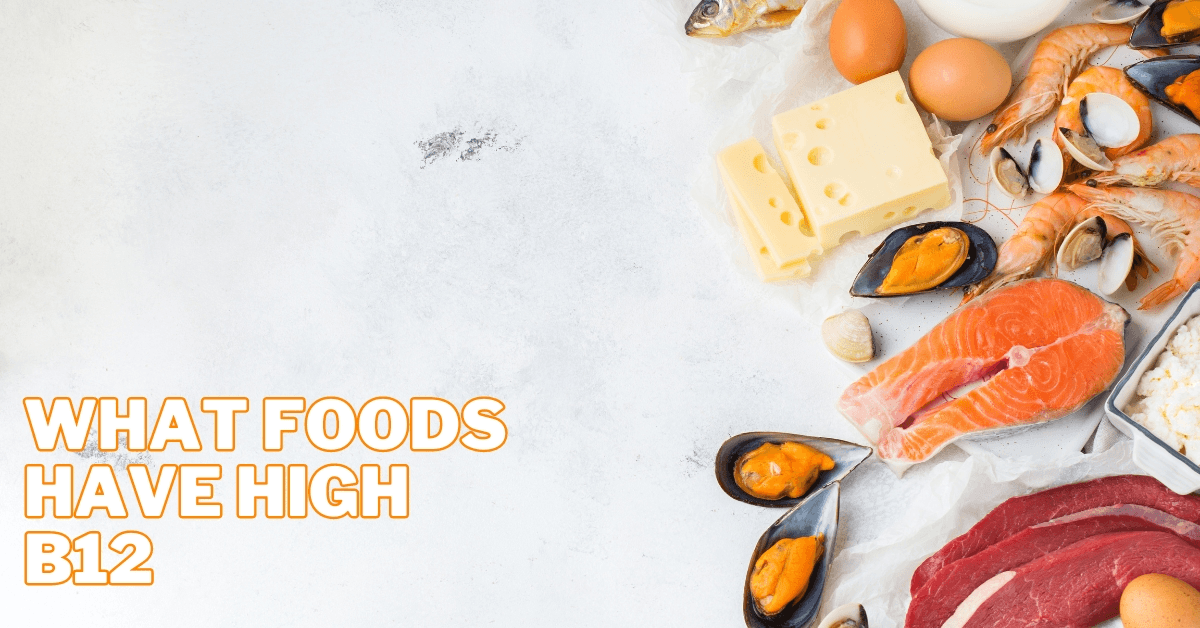
What Foods Have High B12
Are you eager to uncover the nutritional powerhouses abundant in vitamin B12? In our comprehensive guide, ‘What Foods Have High B12’, we unveil the top sources of this essential nutrient, empowering you to optimize your dietary intake effectively.
Delve into diverse options, from animal-based staples like beef liver and clams to plant-based alternatives such as fortified nutritional yeast and soy milk.
Explore these rich sources, tailored to suit all dietary preferences, and unlock the key to maintaining optimal B12 levels for supporting your overall health and well-being.
What Foods Have High B12
Discover nutrient-rich foods packed with vitamin B12 for energy production and overall well-being.
From savoury seafood like salmon and clams to pantry staples like fortified nutritional yeast and breakfast cereals, explore what foods have high B12, their benefits, and How you can add these powerhouse foods into your diet.
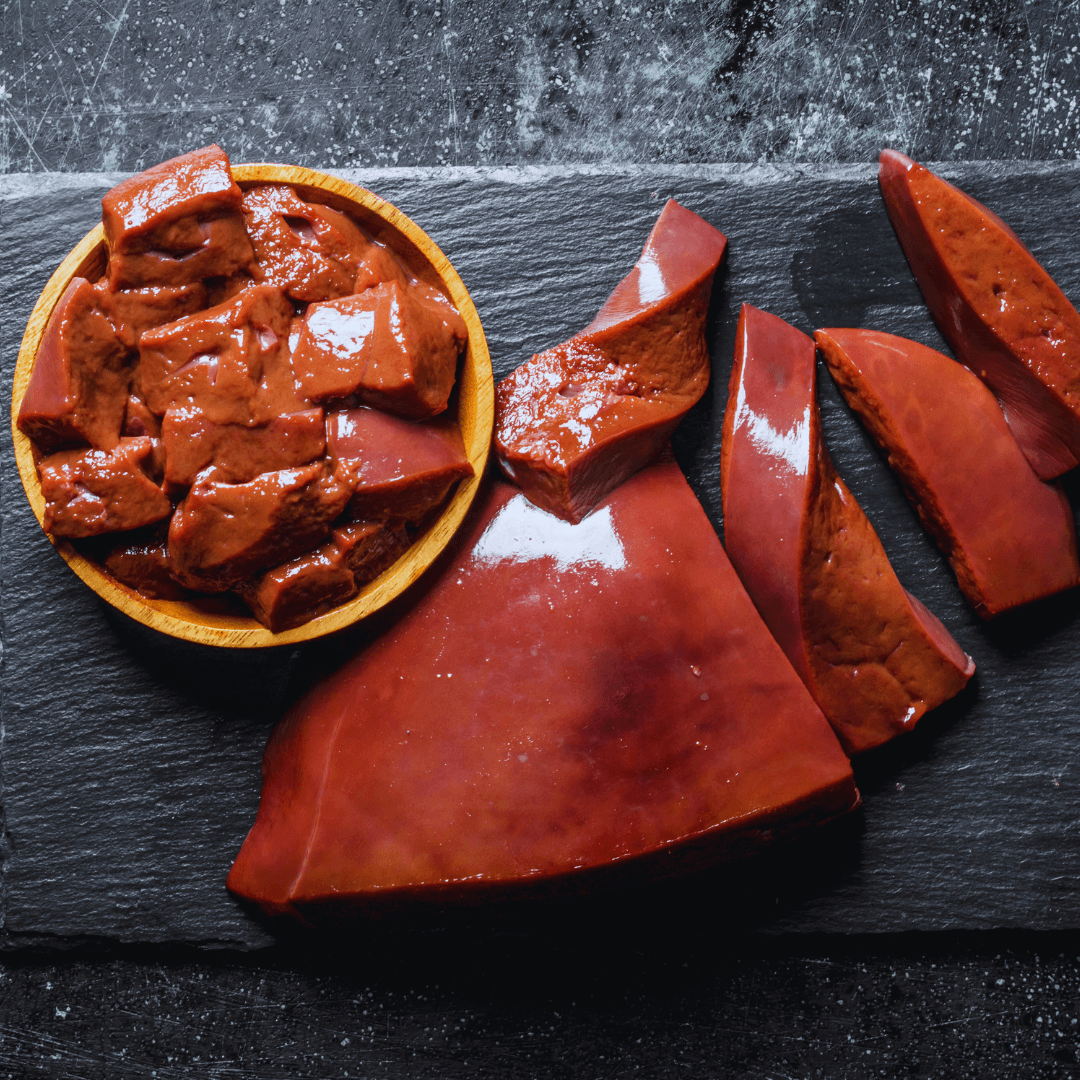
1. Beef Liver
As we delve further into what foods have high B12, the initial item on our list is beef liver. Beef liver is a standout source of vitamin B12, providing well over 1000% of the recommended daily intake in a small serving.
Alongside its B12 richness, it boasts high levels of iron, protein, and essential nutrients vital for energy metabolism, red blood cell production, and overall health.
Indulging in the pan-fried beef liver with caramelized onions and creamy mashed potatoes offers a timeless dish with flavour and nutritional value.
Alternatively, incorporating beef liver into hearty stews, vibrant stir-fries, or savoury meatloaf recipes presents a versatile culinary approach, allowing you to relish its nutritional benefits in diverse mouthwatering meals that nourish and satisfy.
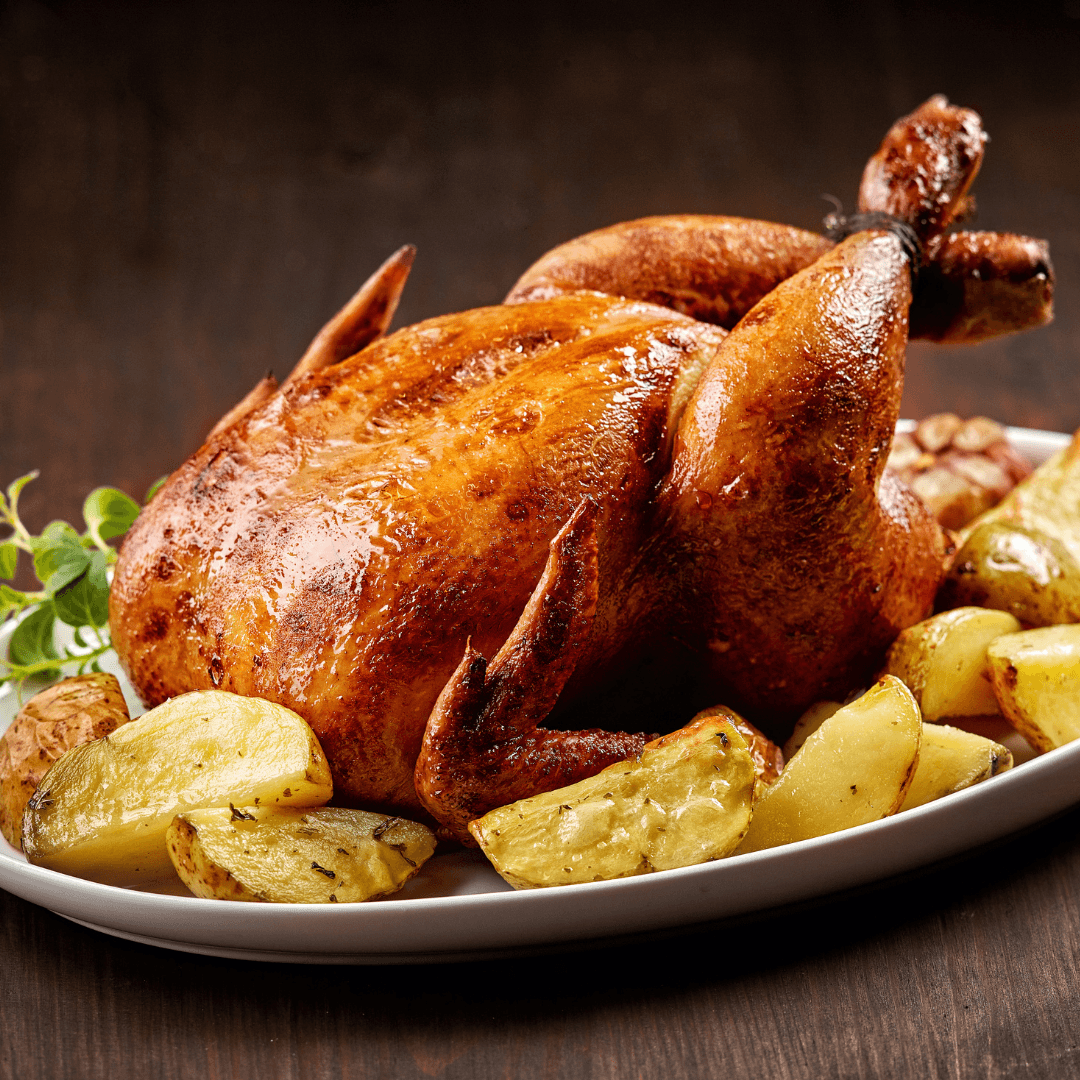
2. Chicken
As we delve further into discovering what foods have high B12, the next item on our list is chicken.
Chicken is a protein source and a nutritional powerhouse containing vitamin B12, selenium, and niacin, which are crucial for immune function, metabolism, and cardiovascular health.
Its versatility and simplicity in preparation have cemented its status as a dietary staple. For a wholesome meal, grill, bake, or roast chicken breasts with various herbs and spices, yielding a flavourful main course.
Alternatively, utilize shredded chicken in salads, sandwiches, or wraps for a protein-rich option that satisfies.
With its nutritional richness and culinary flexibility, chicken emerges as a valuable and adaptable addition to any well-rounded diet, promoting overall health and wellness.
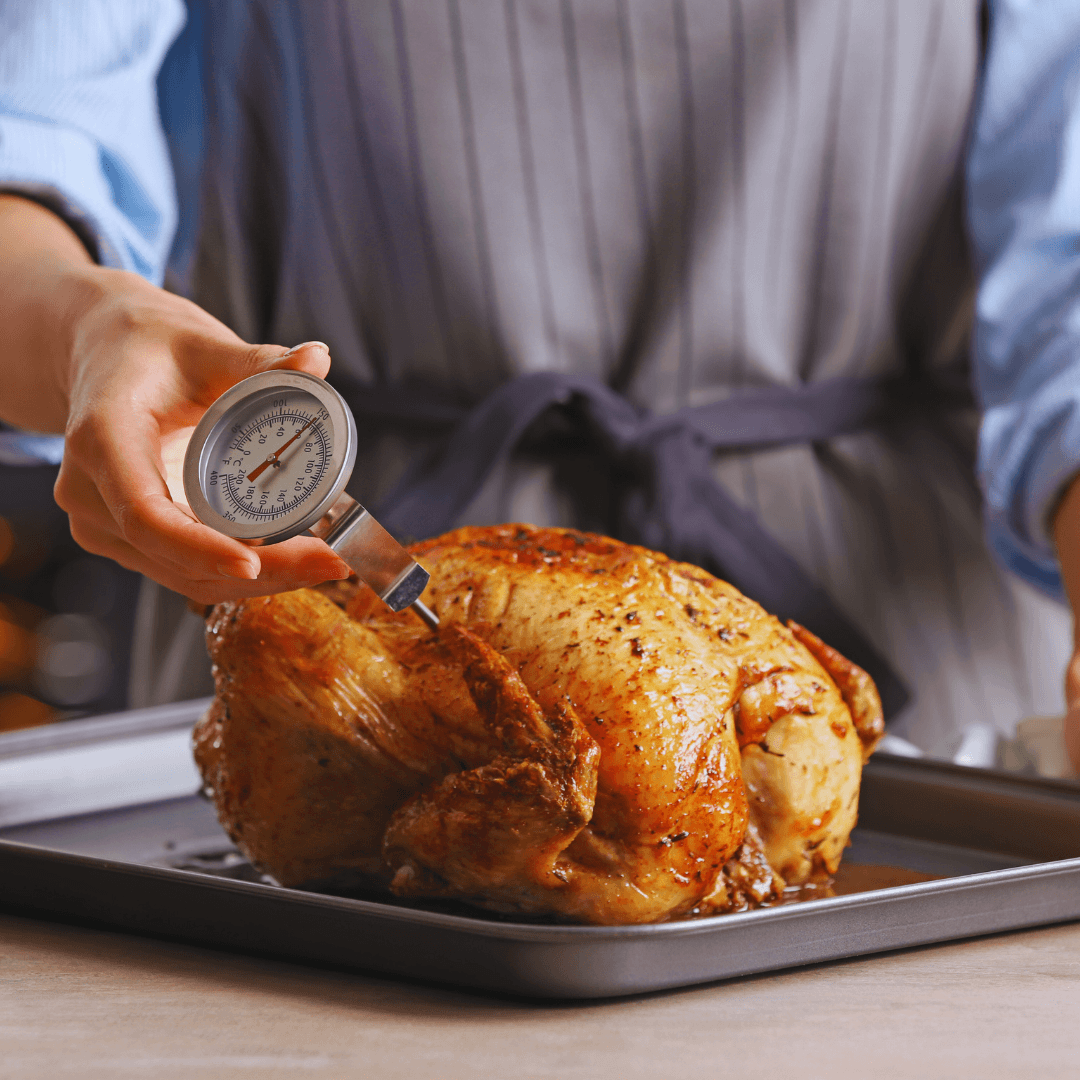
3. Turkey
Turkey is a lean protein source strong in zinc, selenium, and vitamin B12, essential for preserving general health and well-being as we continue our investigation into what foods contain high B12.
With its low-fat and low-calorie profile, it proves to be an excellent choice for weight management.
To relish its benefits, roast a whole turkey for a festive holiday feast or utilize leftover turkey breast in sandwiches, salads, or soups for a nutritious meal.
Additionally, ground turkey can be incorporated into recipes such as burgers, meatballs, or tacos, infusing them with flavour and nutrition.
With its nutritional richness and culinary versatility, turkey offers a delicious and healthful option for various dining occasions, supporting optimal wellness.
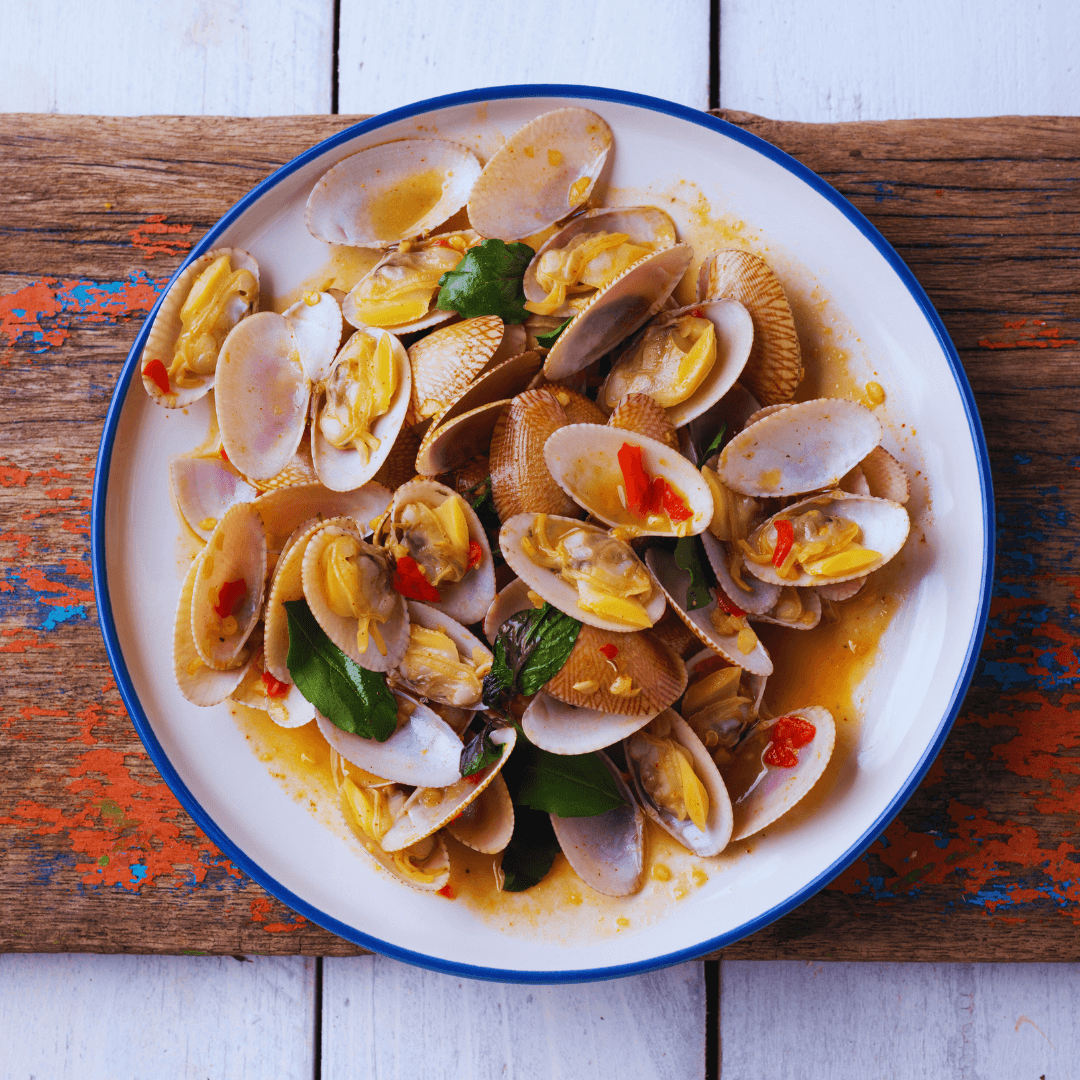
4. Clams
Continuing our exploration of what foods have high B12, clams stand out as an exceptional source, providing a significant dose in a modest serving.
Beyond their B12 content, clams are rich in protein, iron, and omega-3 fatty acids, bolstering heart health, cognitive function, and immune support.
To enjoy their nutritional benefits, consider steaming clams with aromatic garlic, white wine, and herbs, creating a simple yet delectable appetizer.
Alternatively, incorporate them into hearty pasta dishes, flavourful seafood soups, or vibrant paellas, infusing these meals with flavour and a wealth of nutrients.
Whether as an appetizer or a main course, clams offer a satisfying and nourishing dining experience that delights the palate and supports overall well-being.
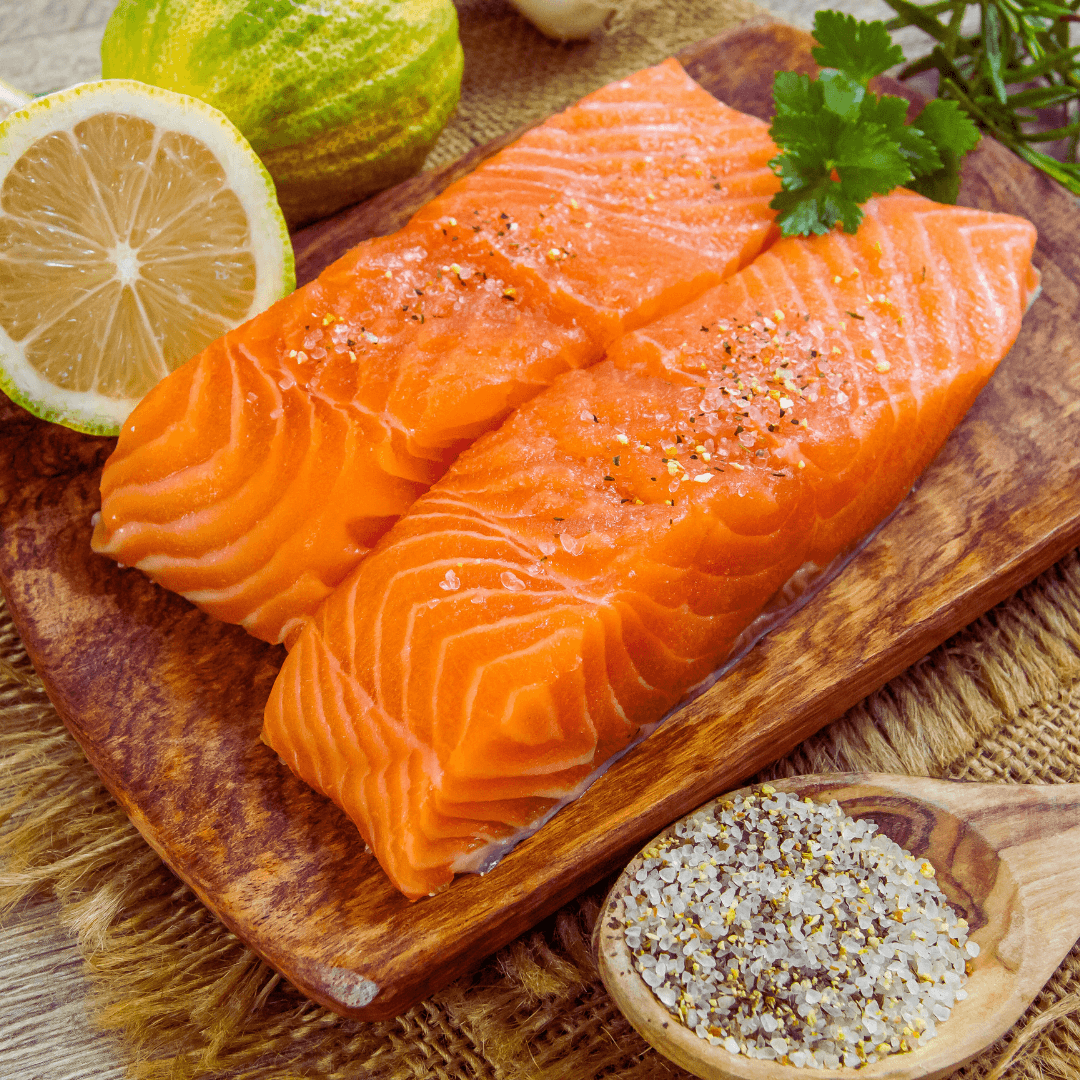
5. Salmon
Continuing our investigation of what foods have high B12, Salmon stands out as a nutritional powerhouse.
Salmon boasts high levels of vitamin B12 and rich stores of omega-3 fatty acids, which are pivotal for heart health, brain function, and inflammation reduction.
Furthermore, it is an excellent source of protein and essential minerals like selenium and potassium.
Optimal ways to enjoy salmon include grilling or baking fillets with zesty lemon and aromatic herbs, crafting a delicious and healthful main course.
Alternatively, incorporating smoked salmon into salads, sandwiches, or omelets offers a swift and convenient meal option packed with flavour and nourishment.
Whether cooked or smoked, salmon provides a versatile and delectable addition to any diet, supporting overall well-being with its abundant nutritional benefits.
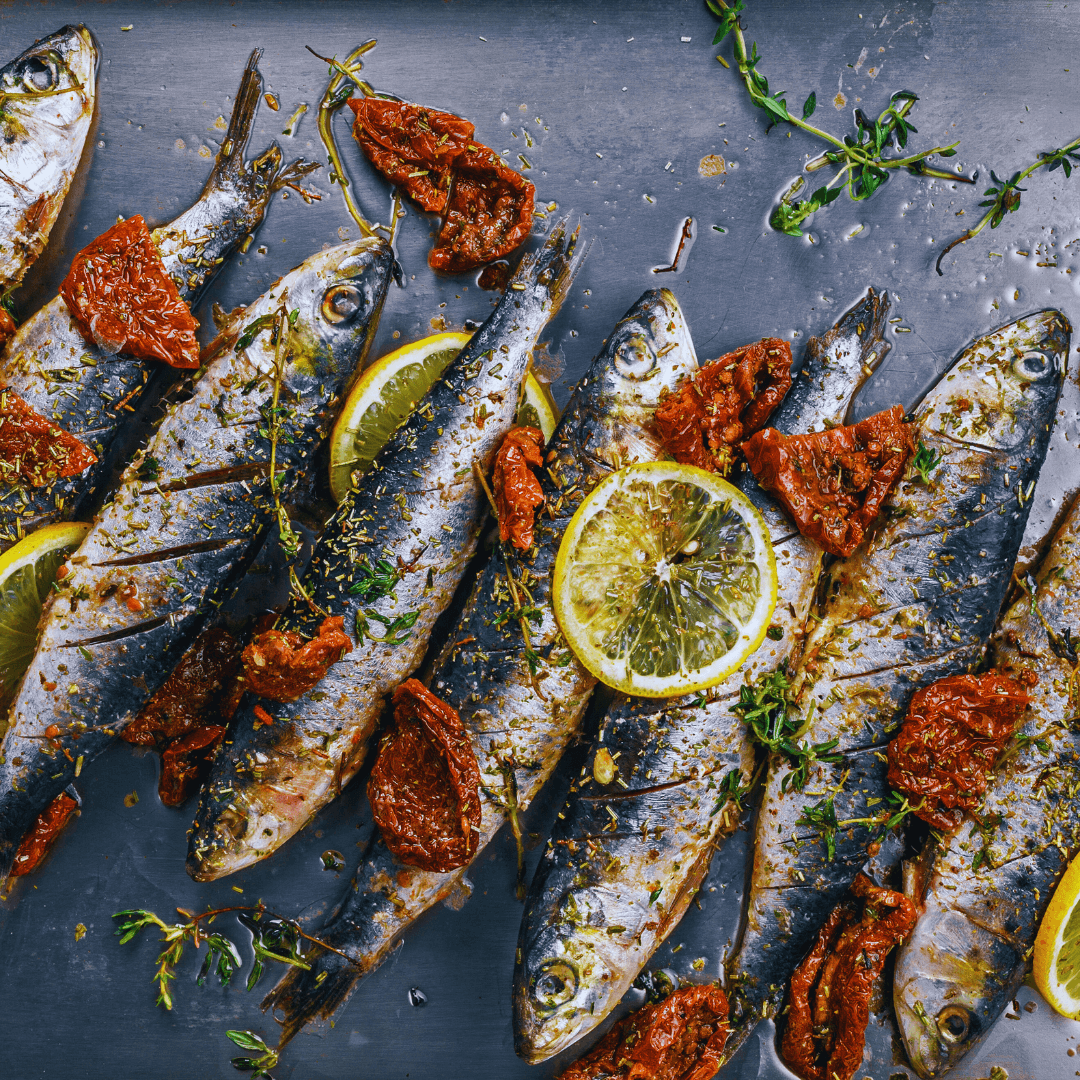
6. Sardines
Sardines are small and oily fish that boast a wealth of nutrients, including vitamin B12, omega-3 fatty acids, calcium, and vitamin D, which are pivotal for heart health, bone health, and brain function.
Sardines are a sustainable seafood choice. To relish their benefits, consume sardines directly from the can with crackers or toast or incorporate them into salads, pasta dishes, or sandwiches for a delectable and nutritious meal.
Alternatively, grill or broil fresh sardines with lemon and herbs, crafting a flavourful appetizer or main course that tantalizes the taste buds while promoting optimal health.
Sardines' nutrient richness and culinary versatility offer a delightful and sustainable addition to any diet.
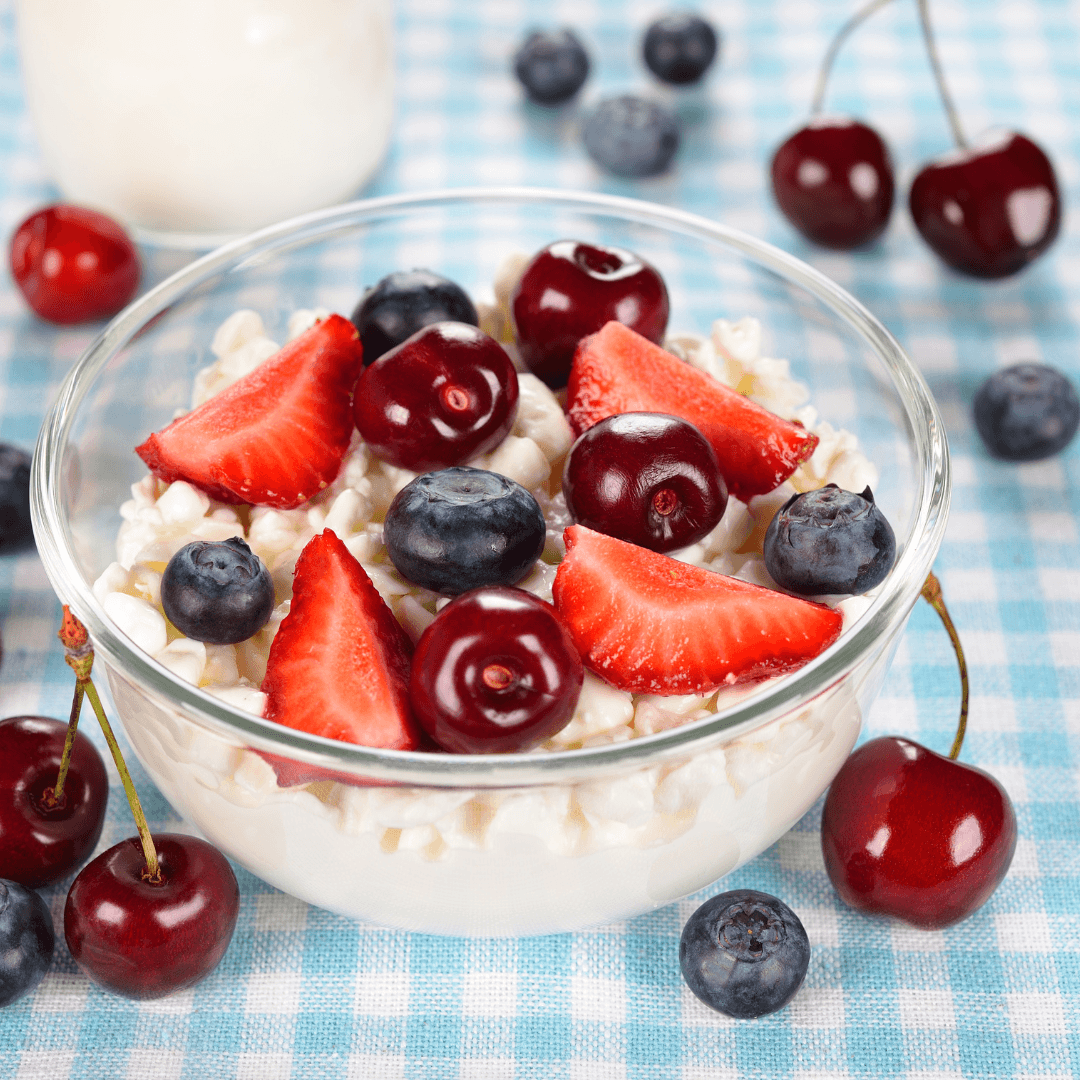
7. Cottage Cheese
In exploring what foods have high B12, cottage cheese emerges as a standout option. Cottage cheese not only provides vitamin B12 but also offers a rich source of protein, calcium, and phosphorus.
This nutrient profile contributes to bone health, muscle growth, and repair, positioning cottage cheese as an ideal post-workout snack or meal accompaniment.
Indulge in cottage cheese plain or blended with fruits, nuts, or seeds to maximize its benefits, creating a nutritious and satiating snack.
Alternatively, utilize it as a topping for toast, crackers, or baked potatoes, enhancing your meals' flavour and nutritional content.
Additionally, incorporate cottage cheese into salads or smoothies to elevate their protein content, offering a versatile and wholesome approach to dietary enrichment.
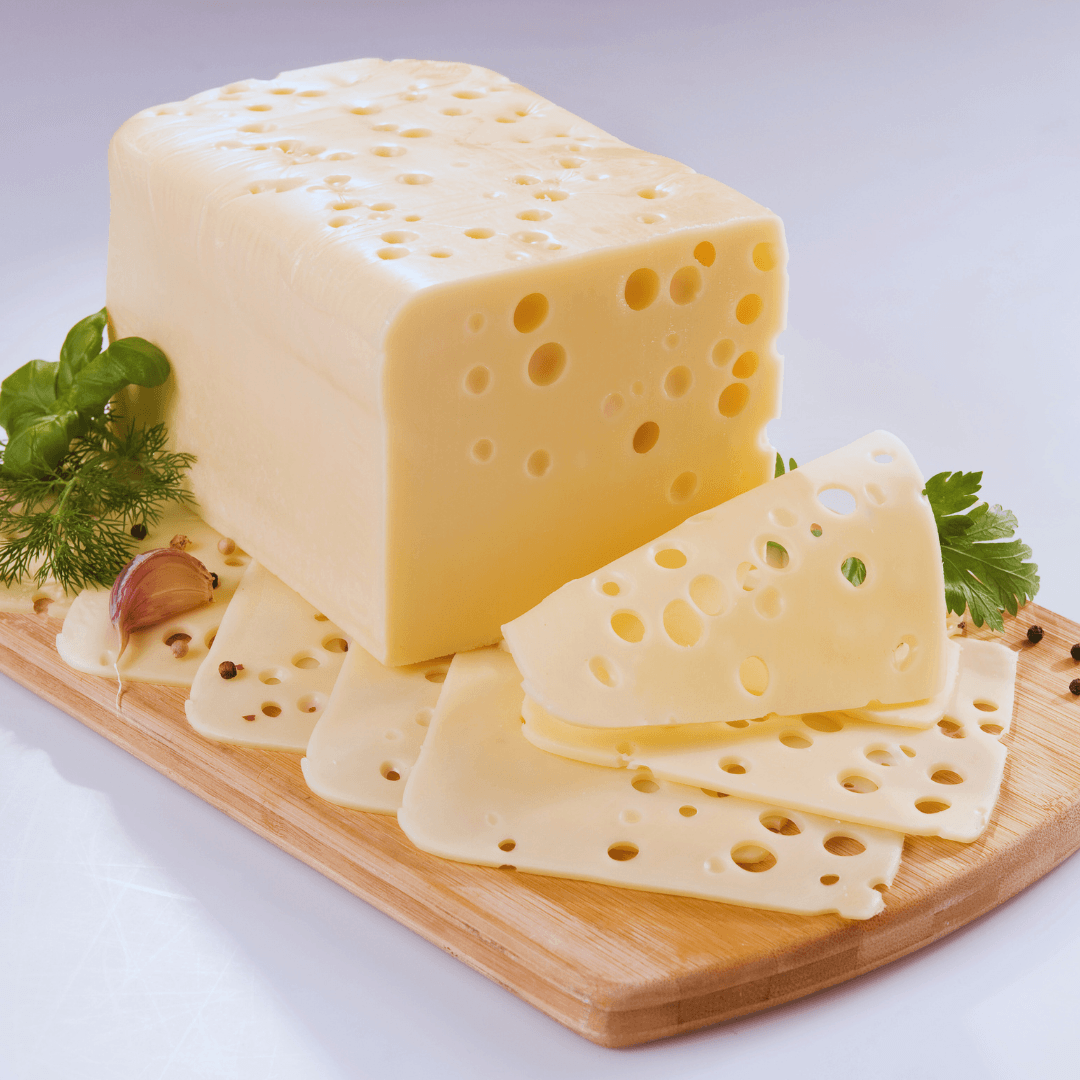
8. Swiss Cheese
Swiss cheese, renowned for its distinctive flavour, not only provides vitamin B12 but also delivers essential nutrients like calcium, phosphorus, and protein.
These components collectively promote bone health, fortify teeth strength, and support optimal muscle function, positioning Swiss cheese as a nutritious inclusion in various dishes.
Indulge in Swiss cheese sliced on sandwiches or melted into omelets, quiches, or casseroles to relish its benefits, crafting a delectable and protein-rich meal.
Alternatively, pair it with fruits, nuts, or crackers for a satisfying and nutritious snack that satiates hunger while offering a delightful flavour. Swiss cheese enhances taste and health benefits with its versatility and nutritional richness.
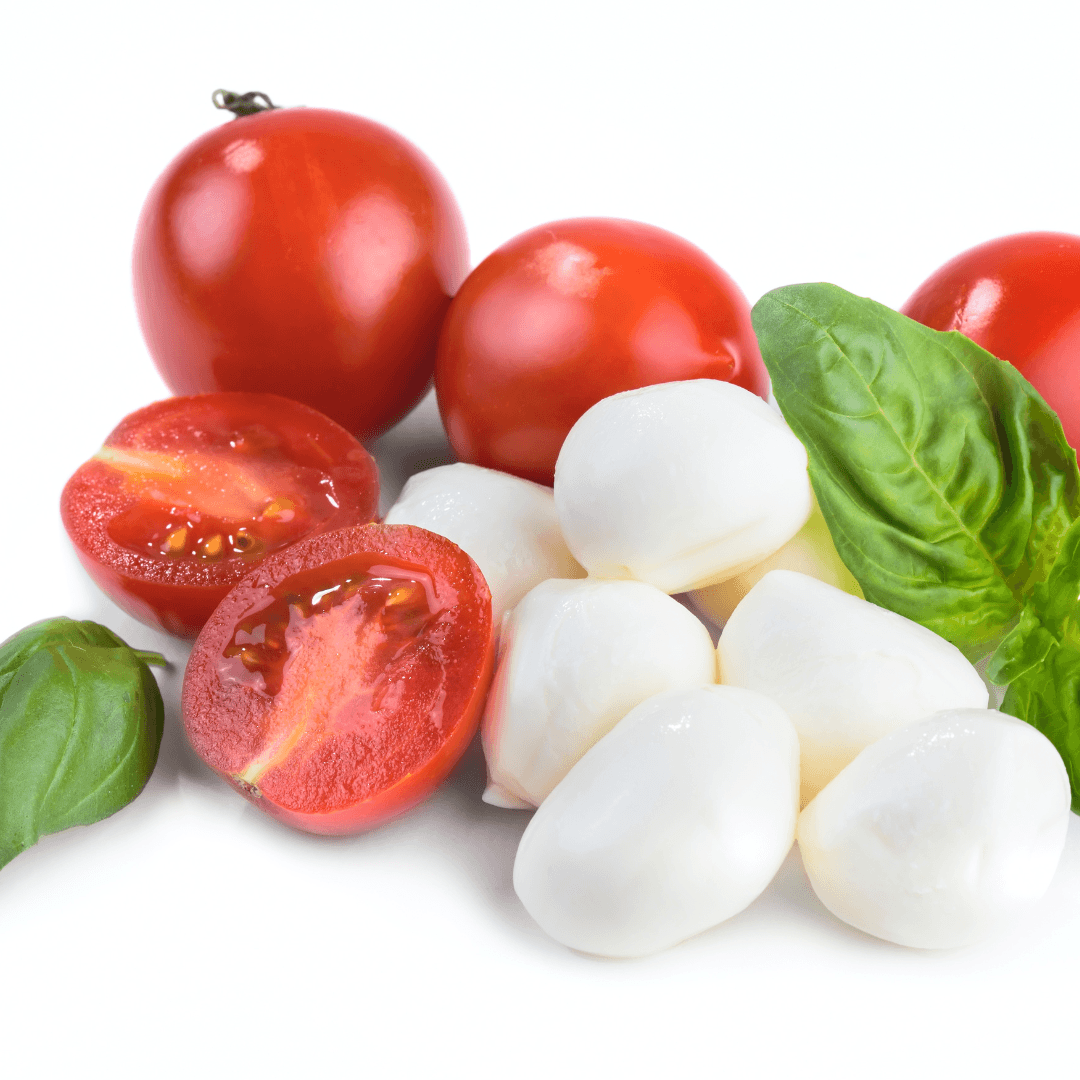
9. Mozzarella Cheese
As we delve deeper into uncovering what foods have high B12, one of the final items on our list is Mozzarella cheese.
Revered for its creamy texture and mild flavour, Mozzarella cheese is a culinary delight and a source of vitamin B12, calcium, and protein.
These nutrients bolster bone health, facilitate muscle growth and aid in tissue repair, rendering mozzarella cheese a versatile ingredient in many dishes.
To savour its benefits, use mozzarella cheese to craft homemade pizza, pasta creations, or vibrant caprese salads, enriching meals with flavour and nutritional value.
Additionally, enjoy it sliced on sandwiches, burgers, or wraps, enhancing these dishes' distinct taste and protein content.
With its versatility and nutritional richness, mozzarella cheese is a cherished component in diverse culinary endeavours, elevating taste and health benefits.
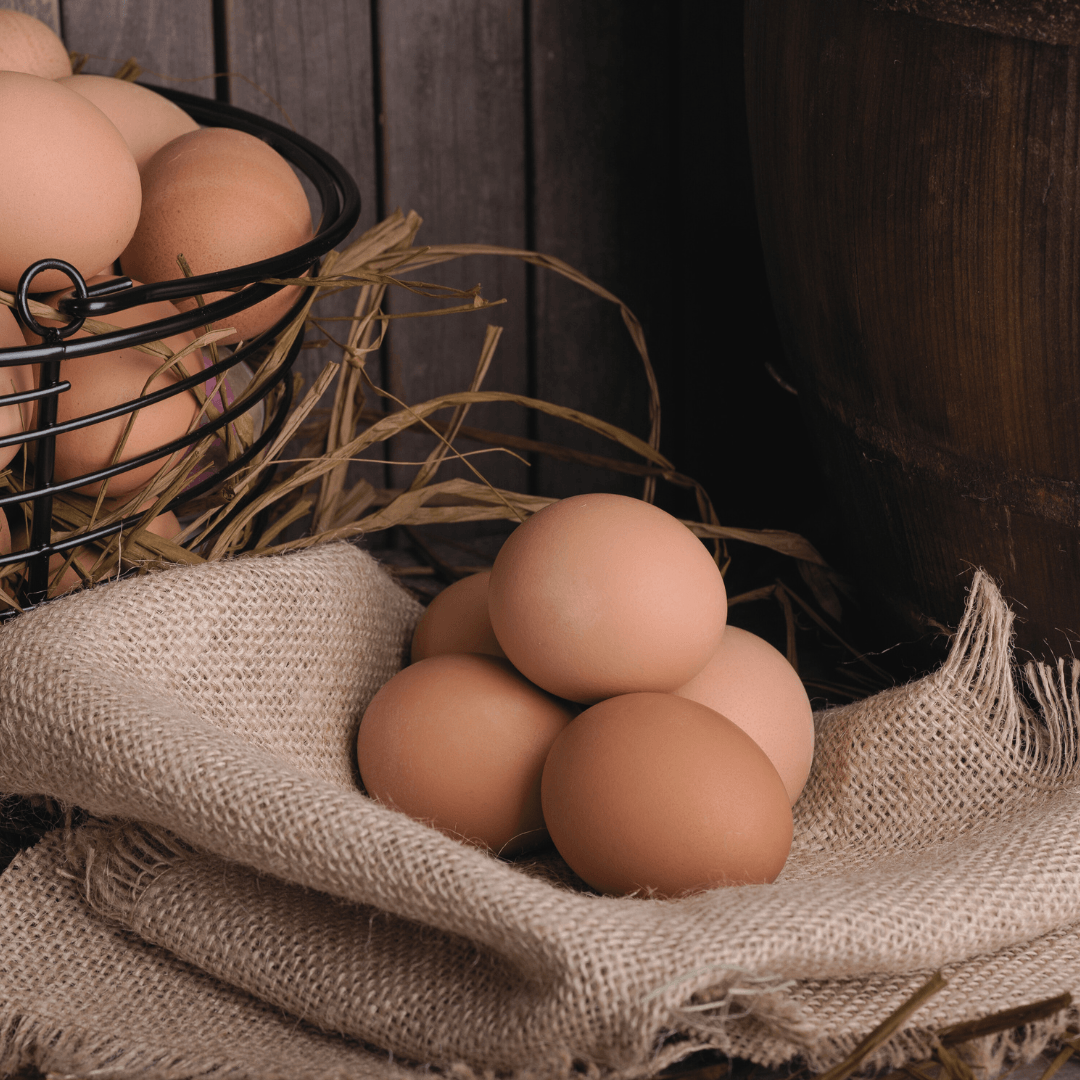
10. Eggs
As we delve further into discovering what foods have high B12, we see that eggs stand out as versatile and nutrient-rich food, offering not only vitamin B12 and protein but also essential amino acids.
They also include choline, which is necessary for brain development and function, and lutein and zeaxanthin, which support eye health.
To savour the benefits of eggs, enjoy them scrambled, poached, or boiled for a convenient breakfast.
Alternatively, you can use them to create hearty omelets, flavourful frittatas, or nutritious egg muffins packed with vegetables. These offer a satisfying and wholesome meal that nourishes both body and mind.
With their versatility and nutritional value, eggs are a staple ingredient worthy of inclusion in any balanced diet.
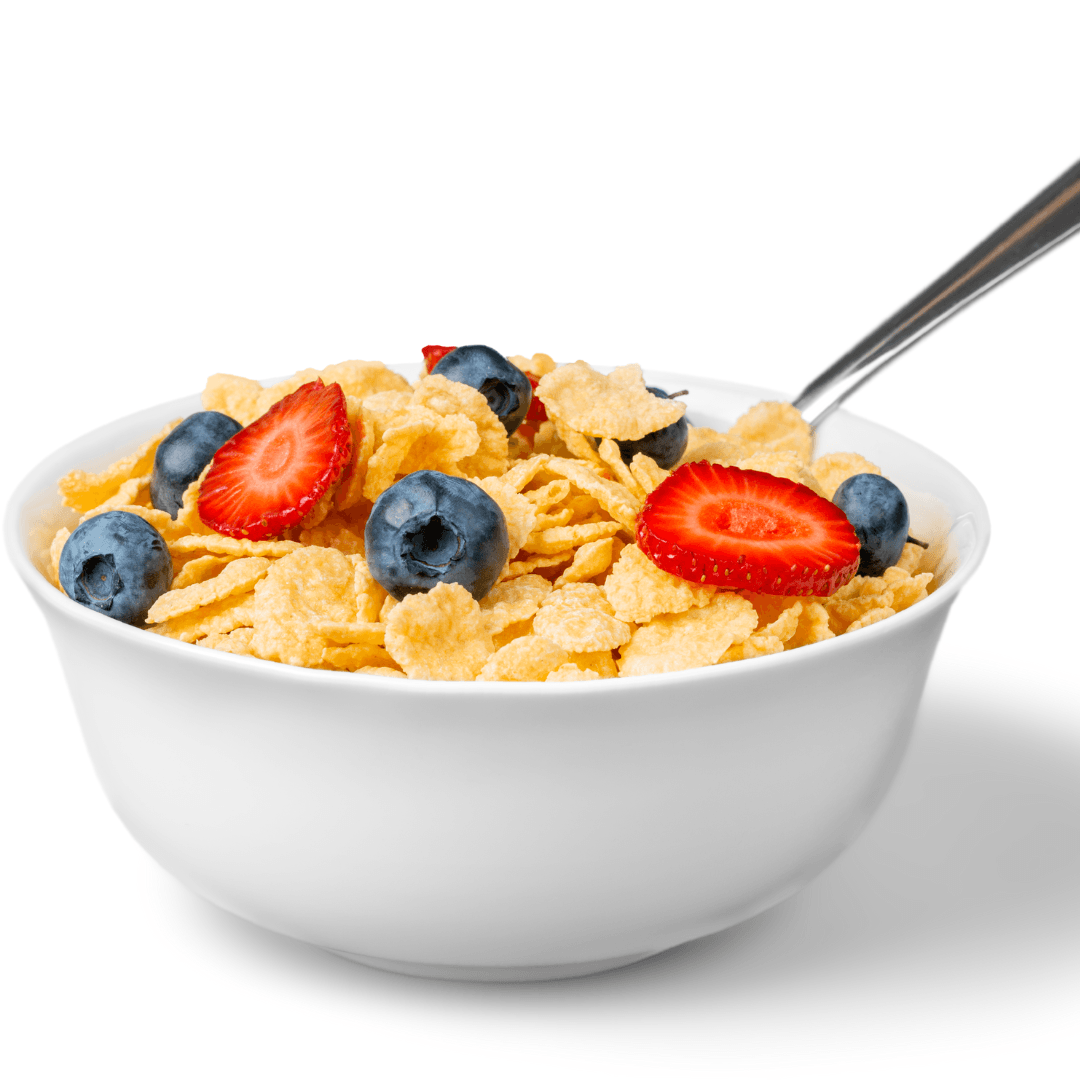
11. Fortified Breakfast Cereals
Fortified breakfast cereals offer a convenient method to enhance vitamin B12 intake, ensuring sufficient levels of this vital nutrient.
Moreover, they are a valuable source of fiber, vitamins, and minerals, fostering digestive health and overall well-being.
To kick-start your day with a nutritious breakfast, combine fortified cereals with milk or yogurt, crafting a wholesome and convenient meal.
With their fortified content and adaptable serving options, breakfast cereals emerge as a practical and beneficial dietary inclusion, contributing to optimal health and vitality.
Incorporating fortified cereals into your daily routine can promote overall well-being and ensure essential nutrient intake for sustained energy and vitality throughout the day.
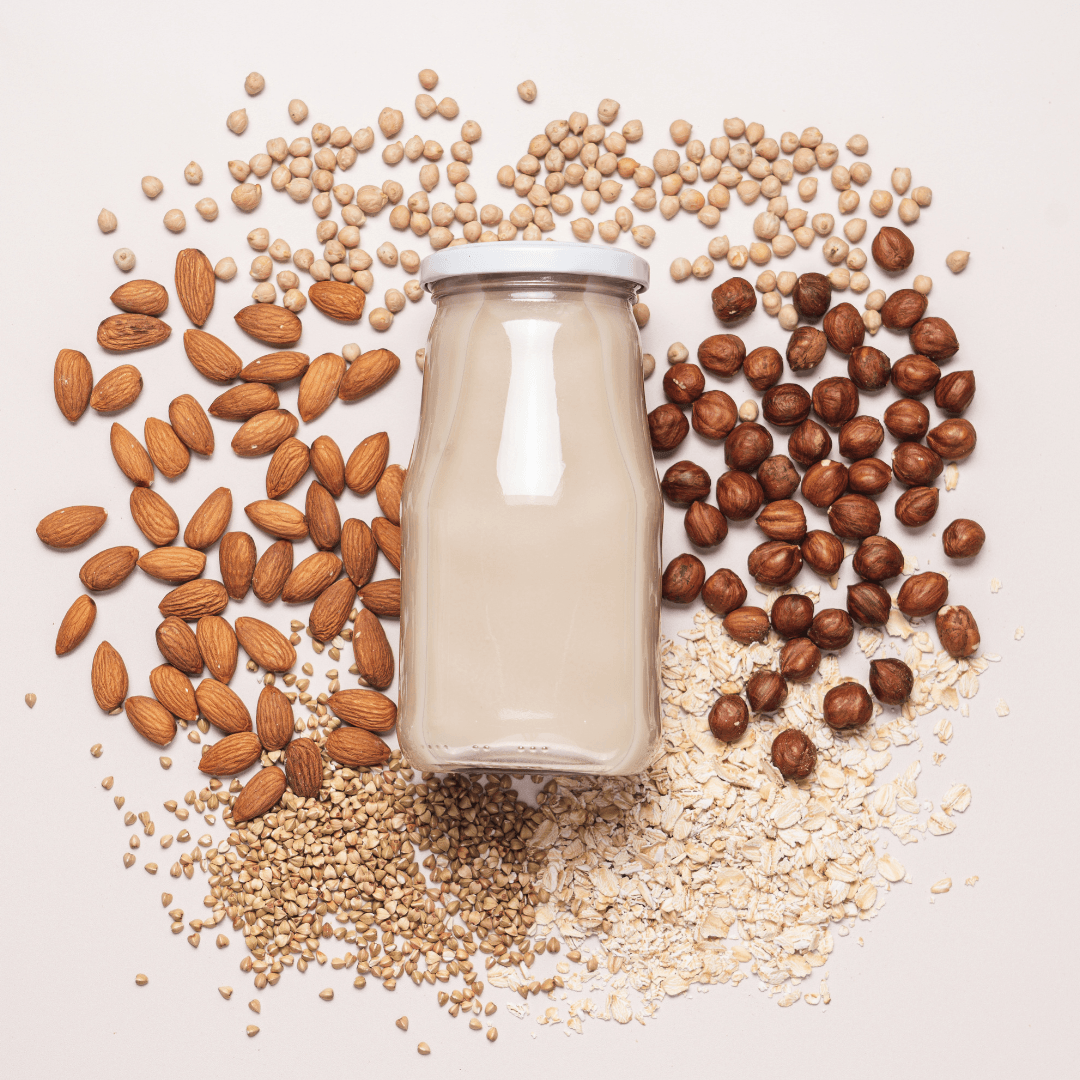
12. Fortified Plant-Based Milk
Continuing our investigation of what foods have high B12, we now turn our attention to Plant-based milk alternatives, such as almond or soy milk, that are frequently enriched with vitamin B12, catering to the needs of vegans and vegetarians.
Beyond B12, they offer a rich source of calcium, vitamin D, and other vital nutrients. To incorporate fortified plant-based milk into your diet, consider using it in smoothies, cereal, or oatmeal as a dairy-free substitute.
It can also enhance baking recipes, coffee, or tea, infusing them with flavour and nutrition. With their versatility and nutritional benefits, fortified plant-based milk alternatives offer a convenient and delicious option for individuals seeking to meet their dietary requirements while adhering to a plant-based lifestyle.
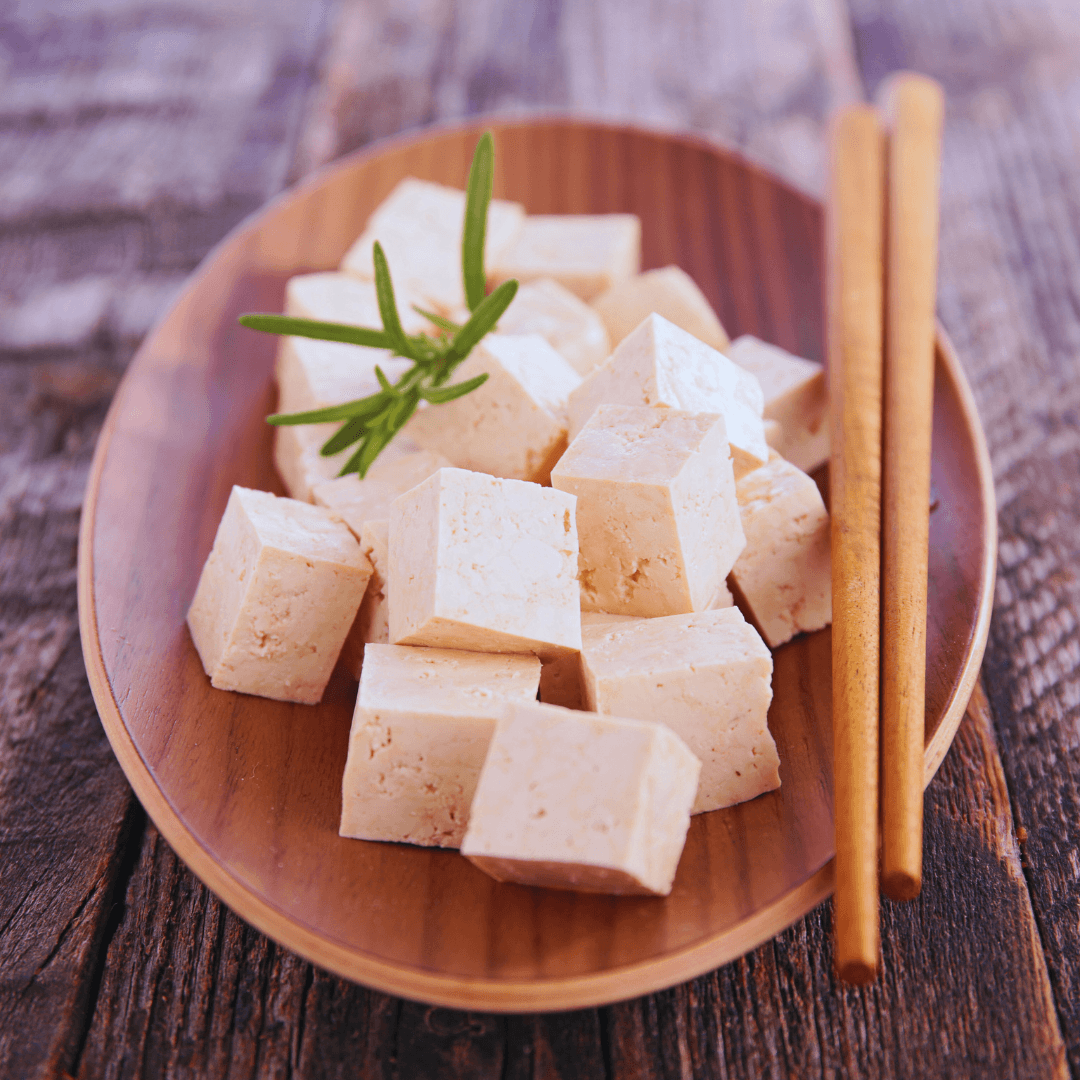
13. Fortified Tofu
As we delve deeper into what foods have high B12, the next item on our list is Tofu. This versatile plant-based protein proves ideal for vegan and vegetarian diets, especially when fortified with vitamin B12.
Beyond its B12 content, tofu has a low-calorie profile, high protein content, and essential nutrients like iron.
To savour its benefits, incorporate fortified tofu into stir-fries, curries, or salads, adding a nutritious and flavourful element to your meals.
Marinate tofu and prepare it through grilling, baking, or sautéing, yielding a delectable and protein-rich dish that caters to diverse culinary preferences.
With its versatility and nutritional richness, tofu is a valuable addition to any diet. It supports overall health and well-being while offering a satisfying and wholesome dining experience.
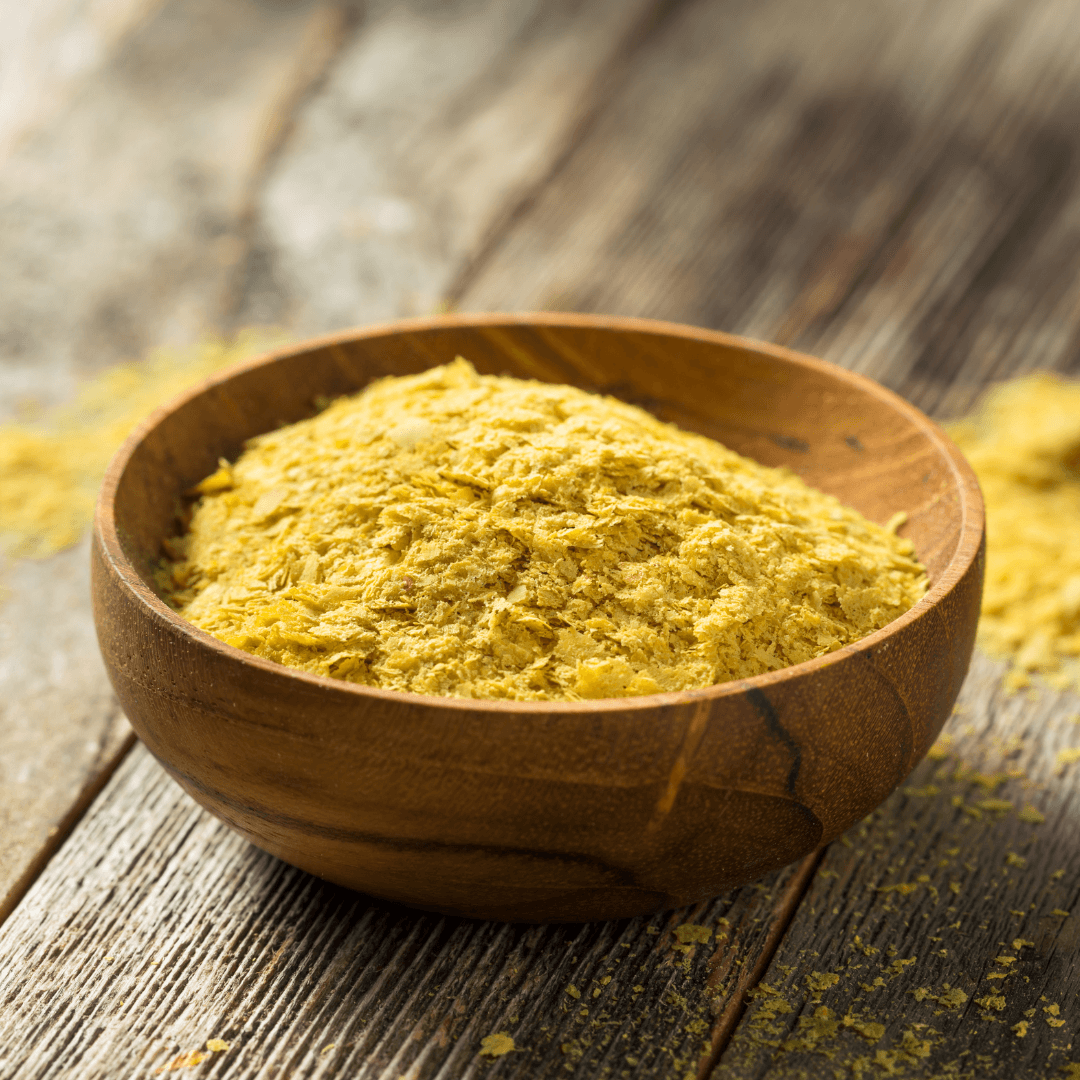
14. Fortified Nutritional Yeast
Nutritional yeast has gained popularity among vegans and vegetarians for its cheesy taste and impressive nutritional profile.
Enriched with vitamin B12 is an excellent way to fulfill dietary requirements, promoting energy production, nerve health, and red blood cell formation.
Incorporating fortified nutritional yeast into your diet is easy and delicious. Sprinkle it over popcorn, roasted vegetables, or pasta dishes to enhance flavour.
Alternatively, use it as a topping for salads, soups, or homemade vegan cheese sauces, adding a savoury and nutritious touch to your meals.
Fortified nutritional yeast is a pantry essential for anyone on a plant-based diet because of its many uses and health advantages.
FAQ
1. What does low vitamin b12 mean?
Answer: Low vitamin B12, or B12 deficiency, occurs when the body has insufficient levels of this essential nutrient.
Because B12 plays a vital role in metabolism, neurological function, and the generation of red blood cells, this deficiency can result in many health problems.
Symptoms may include fatigue, weakness, dizziness, tingling sensations, and cognitive difficulties.
Left untreated, severe B12 deficiency can lead to neurological damage and irreversible complications.
Addressing low B12 levels through dietary changes, supplementation, or medical intervention is essential to prevent further health complications and support overall well-being.
2. How can I get enough B12 a day?
Answer: Ensuring an adequate intake of vitamin B12 is crucial for overall health. To meet daily B12 needs, incorporate foods rich in this nutrient into your diet.
Animal-based sources like beef liver, clams, salmon, eggs, and dairy products are excellent choices.
B12 can be found in fortified foods such as cereals, plant-based milk, and nutritional yeast, and it is suitable for vegetarians and vegans.
Furthermore, many types and dosages of B12 pills are accessible. A medical professional or registered dietitian can determine the best action to fulfill your B12 requirements and preserve maximum health.
3. Is it safe to take B12 supplements daily?
Answer: Most people can safely take B12 supplements regularly, especially those with low blood levels or at risk of insufficiency.
Because B12 dissolves in water, the body usually gets rid of excess. Nonetheless, it's crucial to abide by dose recommendations and speak with a medical expert before beginning any supplement routine.
Certain people, such as those with kidney issues or certain medical disorders, may require closer monitoring of their B12 consumption.
When taken as directed, B12 supplements can help sustain optimal B12 levels and promote general health.
4. How much vitamin B12 is safe to take in a day?
Answer: Age, gender, and personal health status are some variables that affect the recommended daily intake of vitamin B12.
For most persons, 2.4 micrograms (mcg) is the recommended daily allowance (RDA). Higher B12 dosages can be safely obtained by food or supplements because the body normally excretes extra B12.
However, going over authorized dosages without a doctor's supervision might not provide any benefits or even have negative consequences for some people.
To find out the right amount of B12 to take, depending on your needs and health circumstances, it's best to speak with a healthcare provider.
5. Is it better to take B12 daily or weekly?
Answer: The frequency of vitamin B12 supplementation depends on individual needs, health status, and the form of B12 supplement being used.
For individuals with low B12 levels or those at risk of deficiency, daily supplementation may be recommended initially to replenish B12 stores rapidly.
Alternatively, weekly or monthly supplementation with higher doses may be suitable for maintaining optimal B12 levels over the long term.
Speaking with a healthcare practitioner is vital to determine the best supplement program based on unique circumstances.
B12 levels should be regularly checked to guarantee that supplements are effective and to promote general health and well-being.
6. What time of day should you take a b12 supplement?
Answer: No specific time of day is universally recommended for taking a B12 supplement. It is generally advised to take B12 supplements with a meal to enhance absorption, as some B12 supplements are better absorbed in the presence of food.
However, individual preferences and routines may vary, and taking B12 supplements consistently daily can help ensure adherence to supplementation regimens.
Ultimately, the most important factor is to take B12 supplements regularly and as directed by a healthcare professional to support optimal B12 levels and overall health.
7. Is it better to take vitamin b12 with food?
Answer: It is generally recommended to take vitamin B12 supplements with food. Taking B12 supplements with meals can enhance the body's absorption and utilization of the vitamin.
Additionally, certain B12 supplements, such as those containing cyanocobalamin, may be better absorbed with food.
However, individual responses may vary, and some people may tolerate taking B12 supplements on an empty stomach without any issues.
A healthcare provider can offer tailored guidance on using B12 supplements depending on each person's requirements and preferences.
8. What happens to your body when you take vitamin B12 every day?
Answer: Taking vitamin B12 supplements daily can benefit your body. B12 is crucial in various physiological functions, including energy metabolism, red blood cell production, and nerve health.
Regular supplementation can help maintain optimal B12 levels in the body, supporting overall energy levels, cognitive function, and mood.
Additionally, adequate B12 intake is essential for the health of the nervous system, helping to prevent neurological symptoms associated with deficiency.
Conclusion
In conclusion, understanding ‘What Foods Have High B12’ is crucial for optimal health and well-being.
By incorporating these nutrient-dense options into your diet, whether from animal-based sources like beef liver and clams or plant-based alternatives such as fortified nutritional yeast and soy milk, you can effectively meet your B12 requirements.
Embrace the diverse choices available to cater to various dietary preferences and unlock the key to sustaining optimal B12 levels.
Armed with this knowledge, you may proactively improve your health and vigour, bolstered by the nourishing effects of foods high in vitamin B12.
I trust you enjoyed this article on What Foods Have High B12. Please stay tuned for more blog posts soon. Take care!
JeannetteZ
>>>Please click here to read my all-inclusive article about A Comprehensive Guide To Healing Naturally<<<
>>>Are you interested in Natural Healing through Herbs? Please click here for my #1 Recommendation<<<
Your Opinion Is Important To Me
Do you have thoughts, ideas, or questions? I would love to hear from you. Please leave me your questions, experiences, and remarks about this article, What Foods Have High B12, in the comments section below. You can also reach me by email at Jeannette@Close-To-Nature.org.
Disclosure
This post may contain affiliate links. As an Amazon Associate and other affiliate programs, I earn from qualifying purchases at no extra cost to you. Please read my full affiliate disclosure.
You might also enjoy these blog posts:
Natural Fertilizer For Indoor Herbs
Benefits Of Vitamin B12 For Women
Understanding The Symptoms Of Stress
Understanding Heat Stroke In A Cat


